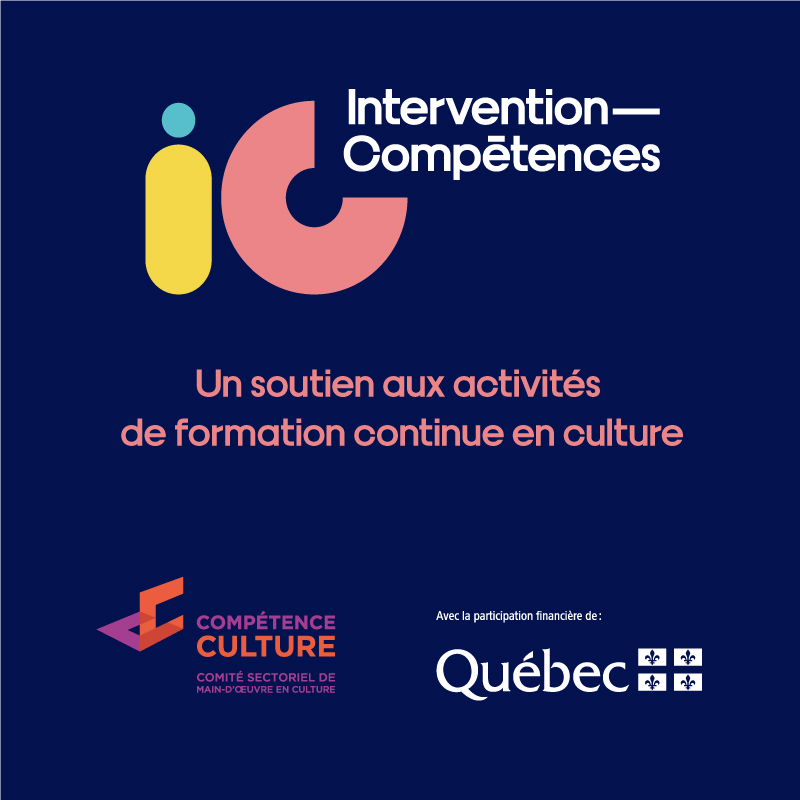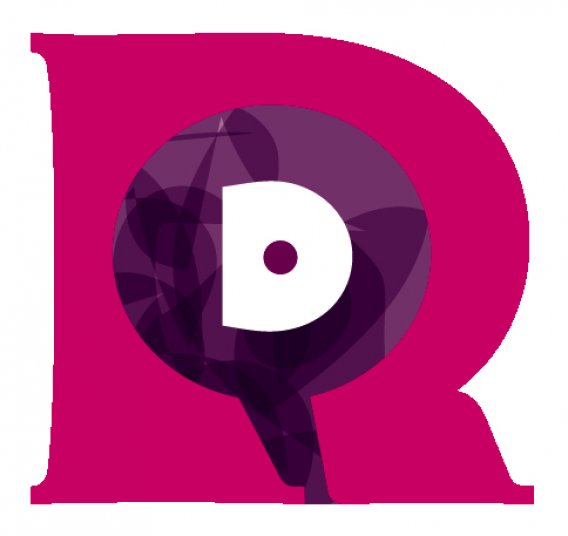Notions and concepts of economics in government decision-making and public policy
Take advantage of this unique training to better understand the economy and public policies that shape, influence, and guide your work. You will gain the tools to advocate with your funders more strategically and effectively!
Exact schedule
Multi-part course (you can register for the parts of your choice)
- Thursday, October 10, 2024, from 1:00 PM to 5:00 PM
- Thursday, October 17, 2024, from 1:00 PM to 5:00 PM
- Thursday, October 24, 2024, from 1:00 PM to 3:00 PM
This training, offered in a hybrid format through five (5) short sessions of two (2) hours each, aims to explain the key concepts and notions of economics related to public policy—Welfare Economics and Public Choice. These concepts are used by economists in top executive and government roles when considering and making decisions during the adoption of public policies.
The theory presented also aims to highlight the motivations and main factors that drive politicians during decision-making, whether in the areas of taxation, transfers to individuals or households, arts subsidies, as well as regulation and employment policies, fiscal or monetary policies in general.
⇒ Although we highly recommend attending the entire training, you may register for the sessions of your choice.
Objectives
- Better understand how decisions related to culture are made by governments, in particular.
- Gain knowledge that will sharpen your critical analysis skills regarding government interventions.
Topics covered
- Session #1 (Thursday, October 10, 2024) :
- Part 1: Basic economics of public policy: effectiveness, efficiency and equity. Types of equity: merit-based, redistributive and utilitarian. Conflicts and complementarities between equity and efficiency and between types of equity.
- Part 2: Collective welfare theory, or what a government should do if it were benevolent. Public choice theory: how governments make decisions in practice. Theories of social justice; Nozick vs Rawls or philosophical foundations of the economic right and left.
- Session #2 (Thursday, October 17, 2024) :
- Part 1: Public goods and externalities (which can be positive as well as negative). What is a public good and what is not? What can governments do to internalize them: regulation, taxation, subsidies, commoditization, judicialization.
- Part 2: Public choice theory. Setting the ground rules, targeting the median voter, collective logics, preference intensity, vote bargaining and interest groups.
- Session #3 (Thursday, October 24, 2024) : Inequality, poverty and state redistribution of income. Concepts, measures, status and evolution of inequality and poverty in Quebec and Canada.Rationale for income redistribution, status and evolution over time of transfers to individuals and families, tax expenditures and income taxes.
Who can benefit from this training?
To all dance professionals: artists, researchers, teachers, managers, cultural workers, designers, technicians, etc.
Instructor

© Amélie Philibert
Jean-Michel Cousineau is a tenured professor at the School of Industrial Relations at the Université de Montréal, specializing in labor economics, macroeconomics, and public policy, with 47 years of experience. He has been a visiting professor at the Catholic University of Lille (France), the Catholic Faculty of Mons (Belgium), the University of British Columbia (Canada), the University of Cádiz (Spain), as well as at the Ministry of Employment and Social Security (Quebec).
Additionally, he has served as an expert witness in several arbitration cases, including for the technicians and technologists at Place des Arts, employees from various municipalities, and health worker groups.
A member of the Steering Committee of the Centre for the Study of Poverty and Social Exclusion for the Government of Quebec from 2009 to 2013 and a speaker to various academic, scientific, and professional groups, Mr. Cousineau has also published over 40 scientific articles and 6 monographs.
This training program, offered by the Regroupement québécois de la danse, is made possible thanks to the financial support of the Quebec government, through the Intervention-Compétences program administered by Compétence Culture.



